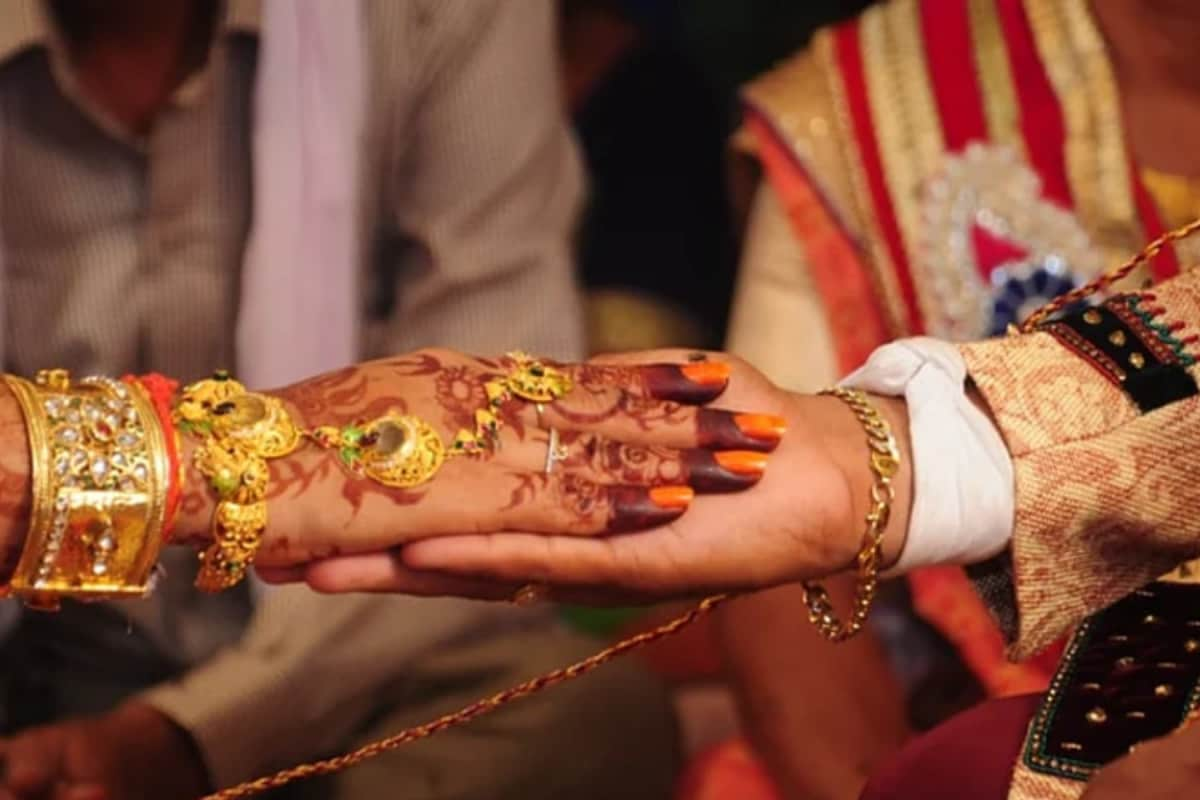

Uttar Pradesh has recently implemented stricter rules for marriage registration, emphasizing the presence of family members and reinforcing residency requirements. These changes stem from an Allahabad High Court order aimed at curbing the rise of fraudulent marriages and ensuring the validity of marital unions within the state. The new directives modify the Uttar Pradesh Marriage Registration Rules, 2017, and have been put into effect immediately.
One of the most significant changes is the mandatory verification of residency. As of June 6, 2025, a marriage can only be registered in a particular city if either the bride, the groom, or one of their parents is a resident of that city. This measure is intended to prevent couples from other states or regions from registering their marriages in Uttar Pradesh solely to seek legal protection, particularly in cases where they have eloped without family consent. Previously, marriages could be registered anywhere in the state, regardless of the couple's or their family's residency.
The Allahabad High Court's intervention was prompted by an increase in cases involving runaway couples who registered their marriages in cities like Ghaziabad, even though they were not residents. This practice led to jurisdictional issues when these couples sought protection from the court. The High Court has now mandated that the Uttar Pradesh Marriage Registration Rules, 2017, be amended within six months to establish a more robust and verifiable marriage registration mechanism.
In addition to the residency requirement, the new rules include stricter verification processes. Unregistered rent agreements will no longer be accepted as proof of residence. Furthermore, the person who solemnized the marriage, such as a purohit or priest, must be physically present at the marriage registrar's office during the registration process. They must also provide an affidavit affirming that they solemnized the marriage. These measures are designed to prevent fake marriages orchestrated with forged documents.
While the presence of family members is not explicitly mandated in all cases, the High Court has indicated that if family members are present during the registration, the Marriage Officer has the discretion to waive certain conditions after verifying the genuineness of the marriage. This provision acknowledges the importance of family consent and involvement in marital unions, especially in a cultural context where family ties are highly valued.
These changes reflect a broader effort to ensure that marriage registrations are conducted with due diligence and that the rights of all parties involved are protected. By tightening the rules and verification processes, the Uttar Pradesh government aims to create a more transparent and accountable system that deters fraud and upholds the sanctity of marriage. The amended rules are expected to provide a more secure legal framework for marriages in the state, safeguarding the interests of both individuals and families.
The new regulations also address concerns about the exploitation of legal loopholes by unscrupulous elements. The High Court noted instances where fake marriage certificates were issued by non-existent organizations, and witnesses were found to be fictitious. By requiring Aadhaar-based authentication, biometric data, and age verification through official portals like DigiLocker, the new rules aim to eliminate such fraudulent practices.